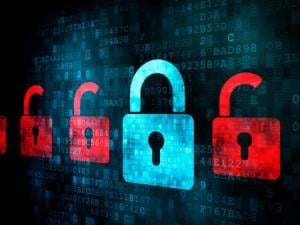What is Cybercrime?

Criminal cases increasingly involve a connection to the Internet. “Cybercrime" is a quickly-evolving and highly complex area of criminal law.
The RCMP has generally interpreted this area of law as any crime “where the Internet and information technologies, such as computers, tablets, personal digital assistants or mobile devices – has a significant role in the commission of a criminal offence.”
Furthermore, the RCMP has identified two basic categories of Cybercrime:
-
Technology-as-target: Criminal offences targeting computers and other information technologies, such as those involving the unauthorized use of computers or mischief in relation to data, and;
-
Technology-as-instrument: Criminal offences where the Internet and information technologies are instrumental in the commission of a crime, such as those involving fraud, identity theft, intellectual property infringements, copyright offences, money laundering, drug trafficking, human trafficking, organized crime activities, child sexual exploitation, or cyber bullying.
While the Internet is a rich source of evidence for investigative authorities, it is also a critical resource for a defence lawyer. Social media sites, email and hard drive examination can often establish someone's innocence as much as they can establish another person's guilt. This applies equally to cell phones and smart phone technology.
Caramanna Friedberg LLP has extensive experience defending Cybercrime charges. We also have had significant success with digital evidence. If you are facing Internet-related charges or have a case involving computer, cell phone or digital evidence, we have the background and track-record to assist you.
Criminal law is not simply a vocation for us. It is our passion. Fighting for justice is in our DNA. Founded in 2002 by Sal Caramanna and Matthew Friedberg, our firm is one of a handful in Ontario set apart from the sole practitioner model. Our advantage is in our team-approach, track record, reputation, reliability and empathy. When you choose Caramanna Friedberg LLP you are choosing a team of legal professionals with the power to punch above the weight-class of any one lawyer advocating for your rights.
If you have been charged with a cybercrime, please call (416) 924-5969 for a consultation.